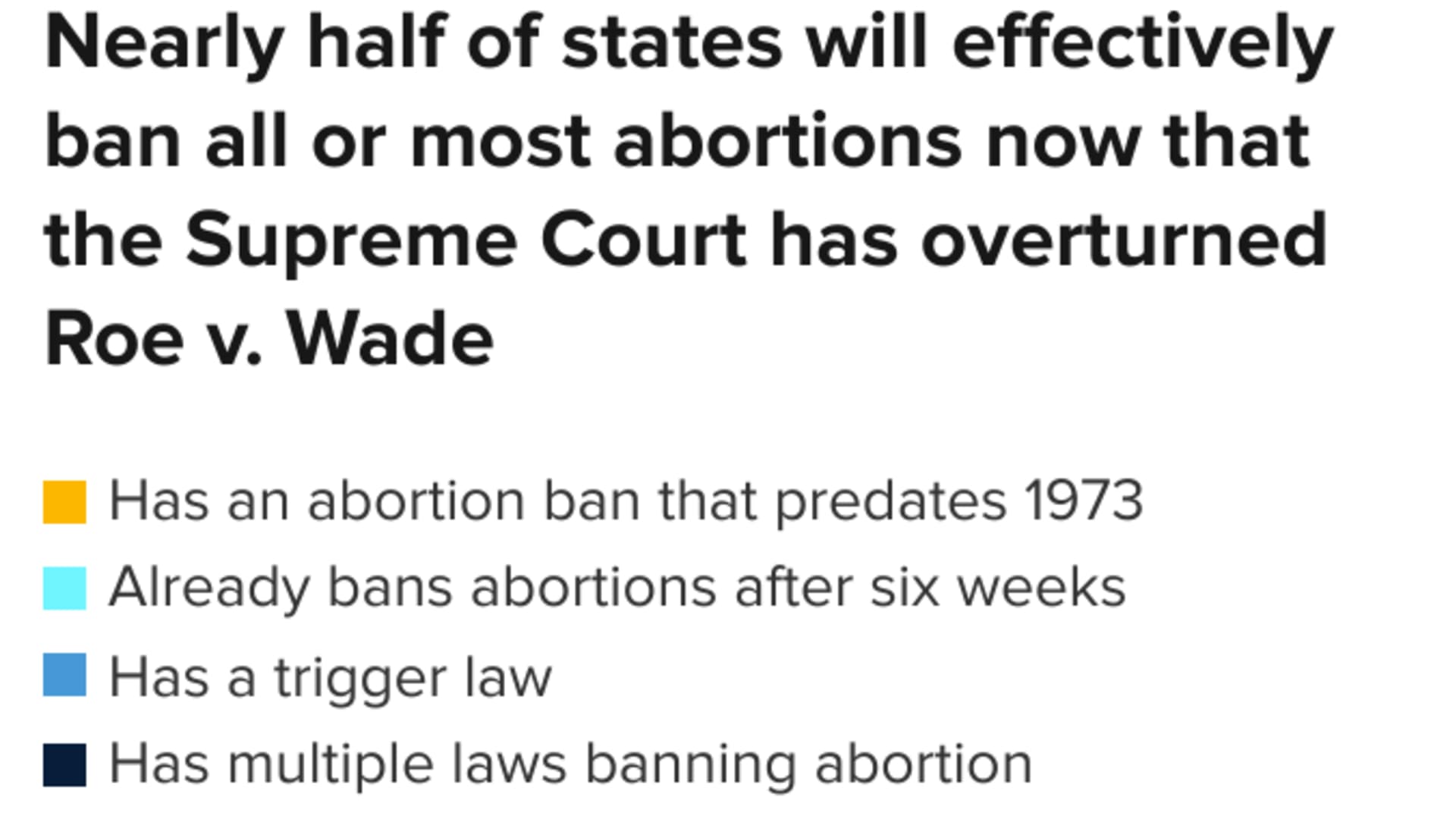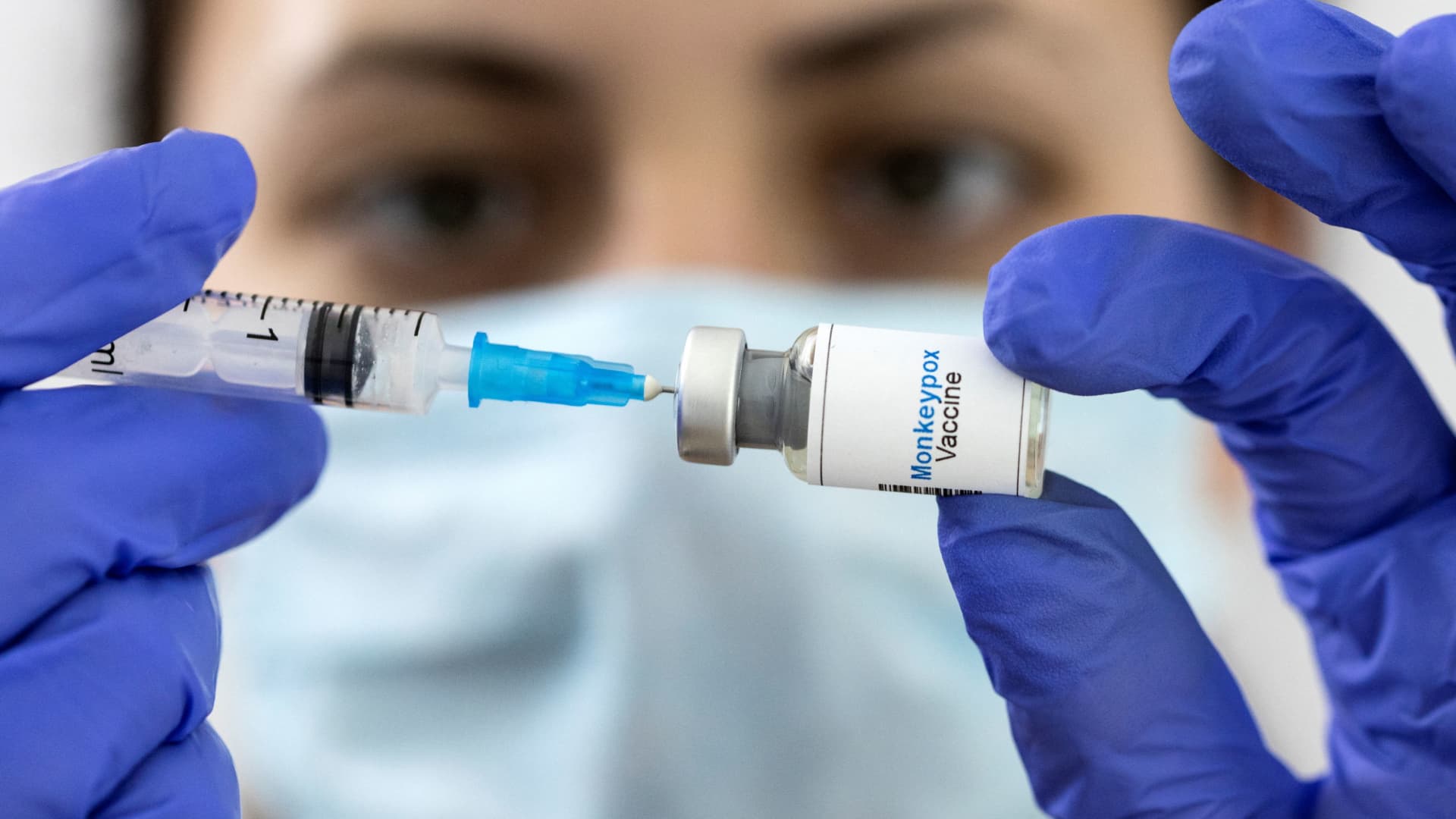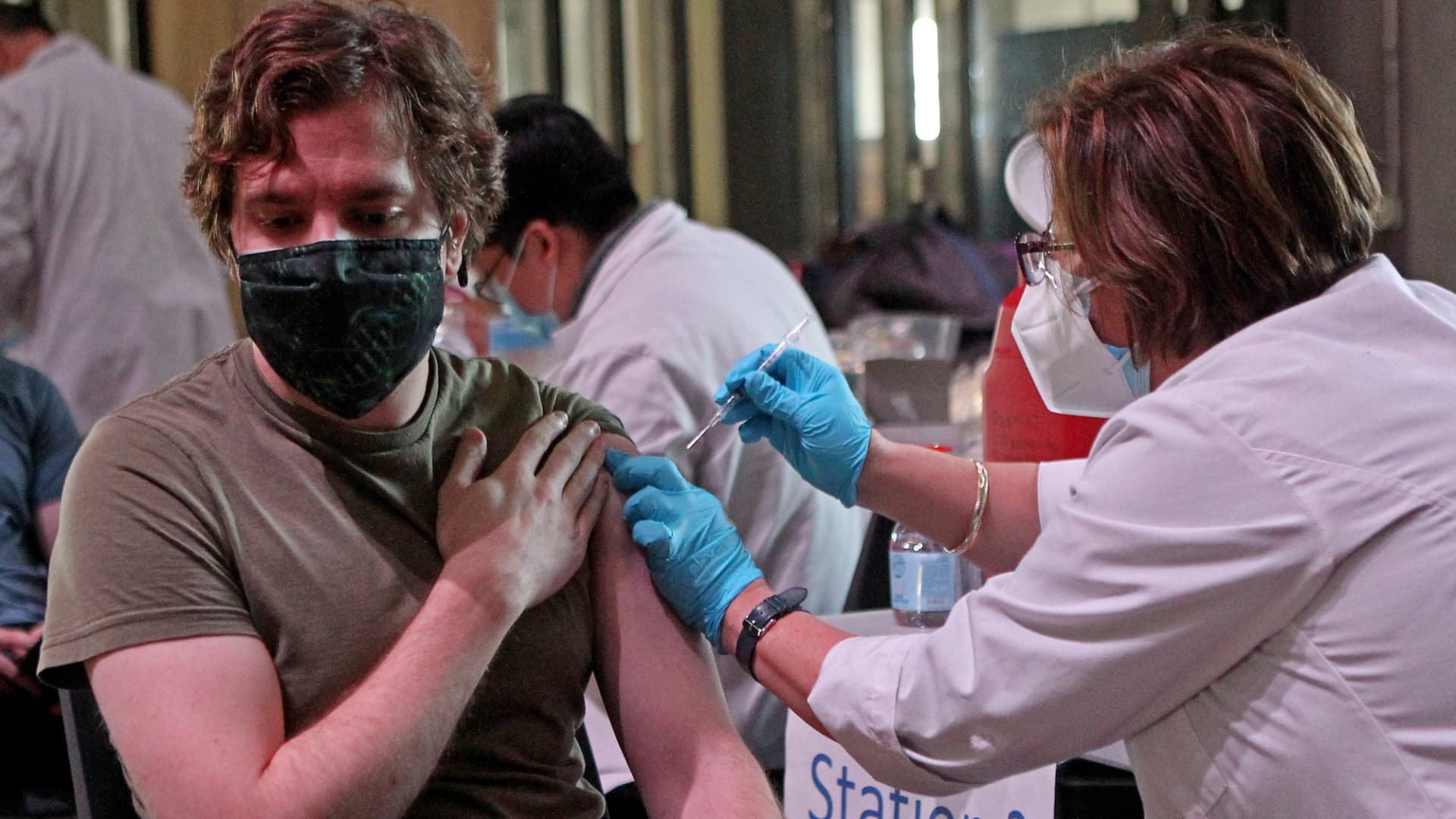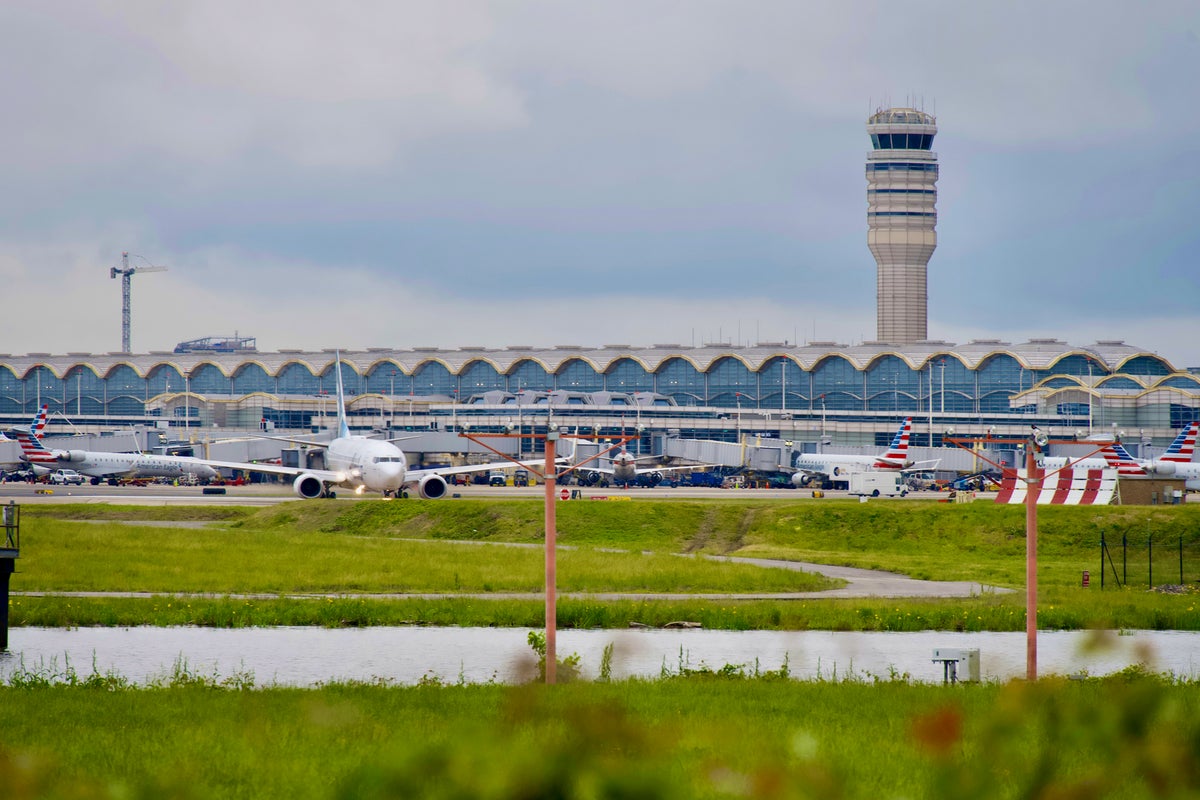'Alarmingly high': E.coli levels discovered in River Thames ahead of famous regatta
Harmful E.coli bacteria has been discovered in the U.K.'s River Thames just days before elite rowers are due to compete for the international Henley Regatta.

Spectators watch a race on the River Thames at the Henley Royal Regatta in Henley-on-Thames, west of London, on June 30, 2023.
Henry Nicholls | Afp | Getty Images
LONDON — Harmful E.coli bacteria has been discovered at "alarmingly high" levels in the U.K.'s River Thames just days before elite rowers are due to compete there for the international Henley Regatta, anti-pollution campaigners have warned.
From Tuesday onwards, around 4,000 rowers from across the globe are set to compete in 400 races to qualify for the iconic regatta, which has taken place along the waterway since 1839.
Water quality testing carried out by River Action campaign group ahead of the race, found E.coli bacteria up to 27 times the acceptable limit for bathing water, prompting health concerns following a rise in E.coli cases in the country.
E.coli is a diverse group of bacteria which, while usually harmless, can produce toxins that can cause severe illness.
River Action tested water in the Henley Mile — part of the regatta course outside the Oxfordshire town — 27 times between May 23 and June 25 and found an average of 1,213 E.coli colony forming units (CFUs) per 100ml of water. It warned the levels were "alarmingly high" in a Thursday statement.
Anything above 900 CFUs/100ml fails the Environment Agency's inland bathing water quality standards and is deemed a threat to public health, the campaign group said.
More than half (47%) of readings were found to be above the acceptable limit. The highest recorded was 25,000 CFUs/100ml, more than 27 times higher.
River Action also found E.coli levels up to 10 times higher in March tests.
James Wallace, CEO of River Action, accused the government and Thames Water, which manages water supply in the area, of failing to appropriately manage water hygiene levels.
"This is a health emergency. The new government must get a grip of the water pollution crisis and ensure that water companies, including Thames Water, invest urgently in upgrading wastewater treatment plants and fix their leaky infrastructure before someone becomes seriously ill, or worse," he said in a statement.
Thames Water did not immediately respond to CNBC's request for comment, though the BBC reported that it had dubbed the findings "alarmist" and said it was monitoring bacteria levels. CNBC also contacted the government's environment agency but did not immediately receive a response.
Chair of the Henley Royal Regatta committee of management and former Olympic rower Sir Steve Redgrave, said the findings were a "stark reminder" of the impact of sewage pollution.
"Our waterways are vitally important to our competitors racing, but also to all those athletes training on a daily basis nationwide," he said.
Regatta organizers have advised rowers to cover all cuts and blisters and avoid swallowing river water as thousands of spectators descend on Henley on Thames for the event, which runs until Sunday.
It comes as the U.K. has faced a rise in E.coli cases. Two people with underlying health conditions died following infection with the Shiga-toxin-producing E. coli strain (STEC). One of the deaths is "likely linked" to their STEC infection, the UK Health Security Agency (UKHSA) said.
That particular strain is thought to have been spread via lettuce leaves within pre-packaged sandwiches.
UKHSA said Thursday that 275 cases of the strain have been confirmed as of June 25, and urged people to watch out for symptoms which can include diarrhoea, stomach cramps, vomiting and fever.

 KickT
KickT 
































